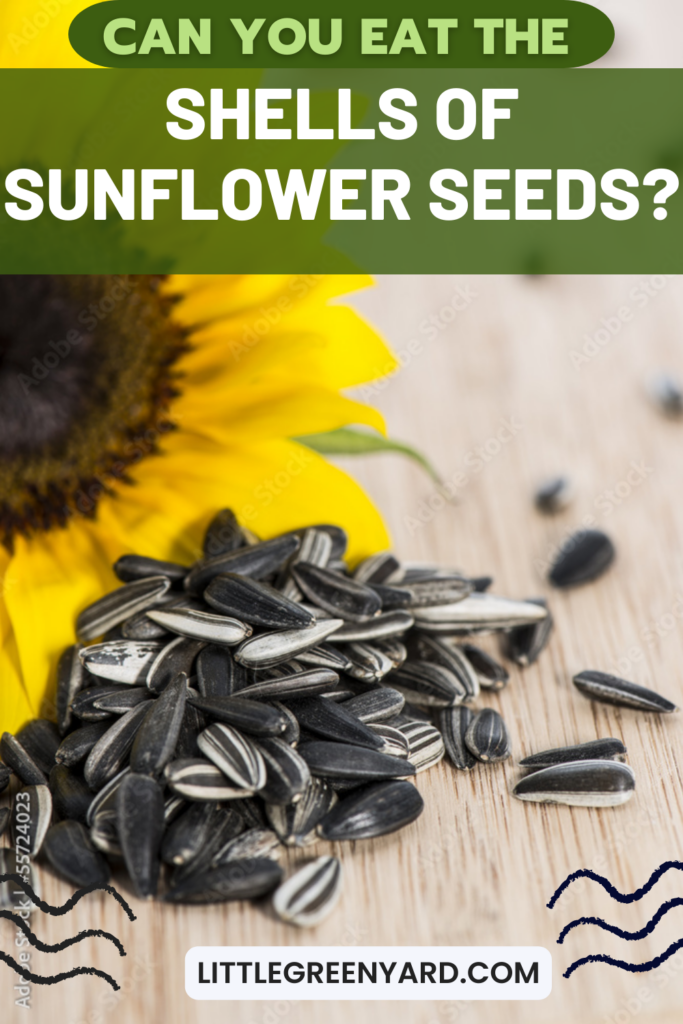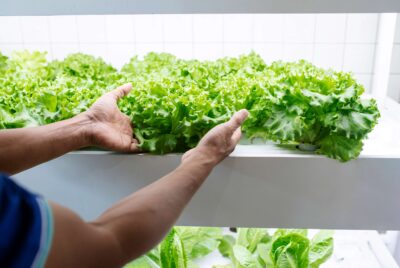Can you eat the shells of sunflower seeds?
As summer is slowly coming to an end and you start to harvest those delicious sunflower seeds of the ripen flower heads, I often come across questions about the shells of these delightful snacks. Sunflower seeds are a popular choice among snack lovers due to their delicious taste and numerous health benefits. However, one question that often arises is whether it is safe to eat the shells along with the seeds. In this article, I will delve into the possible health hazards of consuming sunflower seed shells, provide helpful suggestions for safe consumption, and offer alternative ways to enjoy these nutritious treats.
What Are Sunflower Seeds?
Before we go into the possible health hazards of eating the shells of the sunflower seeds, let’s briefly discuss what sunflower seeds actually are. Sunflower seeds are the edible seeds of the sunflower plant, scientifically known as Helianthus annuus. These seeds are enclosed in hard, protective shells and are rich in nutrients such as healthy fats, protein, fiber, and essential vitamins and minerals.
The Appeal of Sunflower Seed Shells
Sunflower seed shells can be quite appealing to some individuals for various reasons. They add a satisfying crunch and enhance the overall eating experience. Additionally, the shells are a source of dietary fiber, which is beneficial for digestion. Some people also enjoy the act of cracking the shells as it provides a sense of engagement and entertainment while snacking.
Possible Health Hazards of Eating Sunflower Seed Shells
While the appeal of eating the shells of sunflower seeds is understandable, it’s important to be aware of the potential health hazards associated with consuming them. Let’s explore these hazards in detail to understand why caution is necessary.
Risk of Choking
One of the primary concerns with eating the shells of the sunflower seeds is the risk of choking. The hard and sharp nature of the shells can pose a choking hazard, especially for young children or individuals with swallowing difficulties. Accidentally inhaling or swallowing a piece of shell can obstruct the airway and lead to a medical emergency. Therefore, it is strongly advised to avoid consuming the shells, particularly if you or someone around you is at a higher risk of choking.
Digestive Issues
Another potential health hazard of eating sunflower seed shells is the risk of digestive issues. The fibrous nature of the shells can be difficult to break down and digest properly, potentially leading to discomfort, bloating, and gastrointestinal disturbances. In some cases, the undigested shells may even cause intestinal blockages, requiring medical intervention. To maintain good digestive health, it is advisable to remove the shells before consuming sunflower seeds.
Tooth Damage
The hardness of sunflower seed shells can also pose a risk to dental health. Biting down on hard shells can potentially cause tooth fractures, chipping, or damage to dental restorations. The repeated act of crunching on shells may gradually wear down the enamel and increase the likelihood of tooth sensitivity or other oral problems. To protect your dental health, it is best to enjoy sunflower seeds without the shells.
Contamination Concerns
Contamination is another aspect to consider when it comes to consuming sunflower seed shells. The shells can come into contact with various contaminants, such as dirt, bacteria, or pesticides, during the growth and harvesting process. Ingesting contaminated shells may lead to foodborne illnesses or other adverse health effects. It is important to note that the seeds themselves can also be contaminated, but the risk is generally higher with the shells. Therefore, it is safer to remove the shells before consuming sunflower seeds.
Alternative Ways to Enjoy Sunflower Seeds
If you prefer to avoid the hassle of cracking and removing shells altogether, there are alternative ways to enjoy the nutritional benefits of sunflower seeds. Consider the following options:
- Roasted and Shelled Sunflower Seeds: Opt for pre-shelled sunflower seeds that are readily available in most grocery stores. These seeds provide all the nutritional benefits without the risk associated with consuming the shells.
- Sunflower Seed Butter: Sunflower seed butter is a delicious and healthy alternative to traditional nut butters. It is made by grinding roasted sunflower seeds into a smooth and creamy spread. Use it as a dip for fruits and vegetables or spread it on toast for a nutrient-packed snack.
- Sunflower Seed Sprinkles: Grind shelled sunflower seeds into a fine powder and use it as a nutritious topping for salads, smoothies, or yogurt. This allows you to enjoy the flavors and benefits of sunflower seeds without the hard shells.
FAQs
- Is it safe to eat sunflower seed shells? Eating sunflower seed shells is not recommended due to the risk of choking, digestive issues, and potential tooth damage. It is best to remove the shells before consuming the seeds.
- Are there any health benefits to eating sunflower seed shells? While sunflower seed shells do contain dietary fiber, the potential health hazards outweigh the benefits. It is advisable to focus on consuming shelled sunflower seeds for optimal nutrition.
- Can I give sunflower seeds with shells to birds or animals? Yes, sunflower seeds with shells can be given to birds or animals, as they have natural mechanisms to deal with the shells. However, ensure that the seeds are not salted or flavored, as these additives can be harmful to wildlife.
- What should I do if I accidentally swallow a sunflower seed shell? If you accidentally swallow a sunflower seed shell and experience discomfort or choking symptoms, seek medical assistance immediately. It is essential to address any potential complications promptly.
- Can I compost sunflower seed shells? Yes, sunflower seed shells are compostable. However, it’s important to ensure that the shells are free from any salt or flavoring additives that could harm the composting process or the plants in your garden.
Parting Words
In conclusion, while sunflower seed shells may add appeal to snacking, it is important to be aware of the potential health hazards associated with consuming them. The risk of choking, digestive issues, tooth damage, and contamination should be taken seriously. By following the suggestions provided, such as removing the shells properly or exploring alternative ways to enjoy sunflower seeds, you can safely indulge in these nutritious treats without compromising your health.





